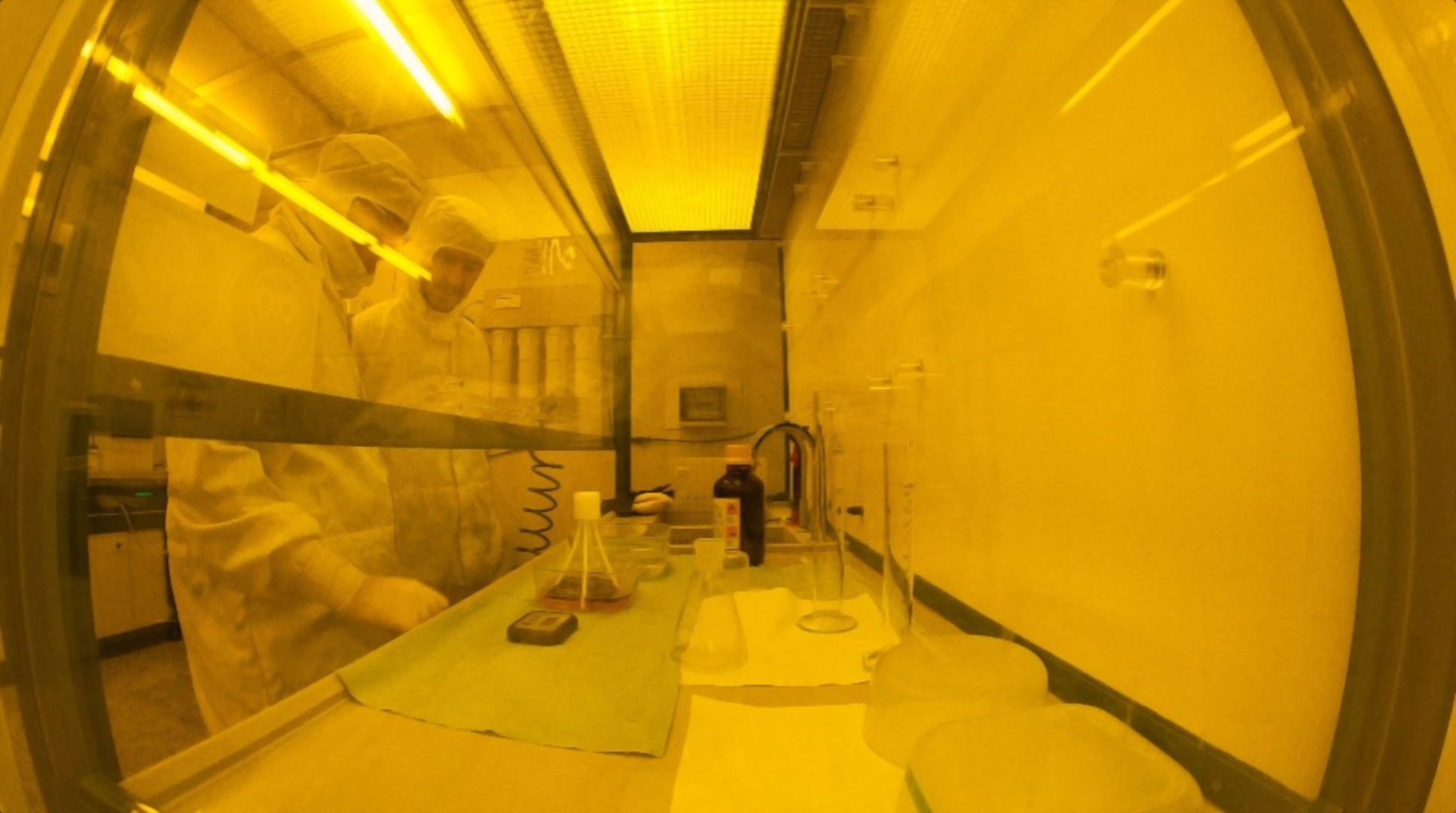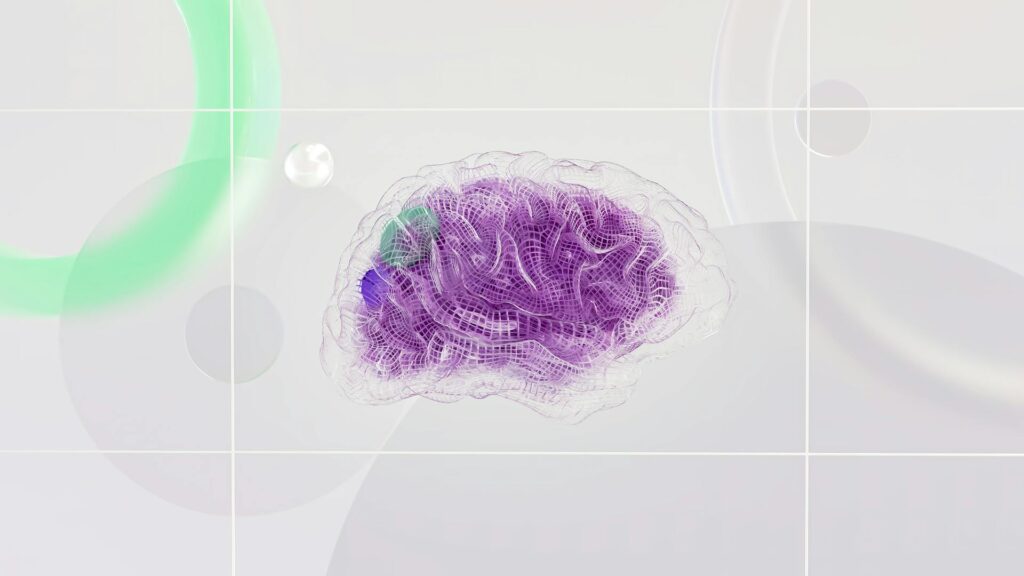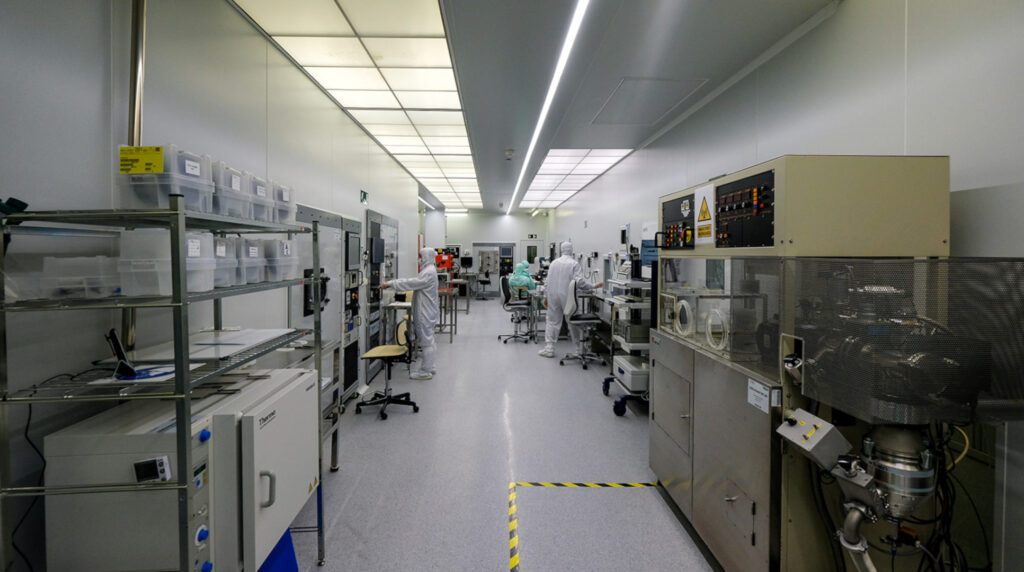META-BRAIN is setting the stage for groundbreaking advancements in brain therapeutics and interfaces. This ambitious vision demands the latest technologies and the collaborative action of researchers across diverse fields, blending insights from experimental data and computational predictions. Key to achieving META-BRAIN’s goals is the expertise of the Italian National Research Council (CNR, Consiglio Nazionale delle Ricerche), Italy’s premier public research institution, renowned for its excellence across a spectrum of disciplines.
CNR: A Legacy of Innovation
Since its foundation in 1923, CNR has been at the forefront of knowledge and technological innovation, profoundly shaping Italy’s research landscape and driving breakthroughs in Europe. Today, CNR comprises 88 institutes located across Italy, with more than 7,000 researchers devoted to engineering, human sciences, and life sciences. Within the META-BRAIN consortium, CNR is represented by the Institute of Electronics, Information Engineering and Telecommunications (CNR-IEIIT, Milan unit) and the Institute of Microelectronics and Microsystems (CNR-IMM, Rome unit).
CNR-IEIIT: Pioneering Computational Brain Models
The CNR Institute of Electronics, Information Engineering and Telecommunications (Istituto di Elettronica e di Ingegneria dell’Informazione e delle Telecomunicazioni, CNR-IEIIT) belongs to the Department of Engineering, ICT, and Technologies for Energy and Transportation. Located in six Italian cities, the Institute is a landmark in the Information Engineering field, with extensive expertise in applied electromagnetics and electronic devices, wireless communication systems, information and system engineering, bioengineering, computer engineering and network security, machine learning, artificial intelligence, and e-health. Despite having only 70 employees, IEIIT has coordinated several national and European research projects in Bioengineering, Telecommunication, and Artificial Intelligence (AI) for health. Its mission is to promote and support the diffusion of Information Engineering across civil society.
Within the META-BRAIN project, CNR-IEIIT (Milan unit) will implement computational brain models to quantitatively estimate the electromagnetic fields developed by the cutting-edge technologies proposed. Directed by Dr. Marta Parazzini, the Electromagnetic Fields for Health (EMF4H) team will carry out theoretical simulations of magnetic field distributions, which will form the basis for optimizing the magnetic coil design and sensor placement for in vitro and in vivo experiments. When measurements of electric fields and currents are difficult to obtain or when an accurate prediction of an electromagnetic field phenomenon at the biological level is needed, computational methods are essential. Recent advancements in computer technology, software development, and medical imaging have significantly improved electromagnetic computational techniques. Working closely with biologists and nanotechnology specialists, the EMF4H team will exploit computational approaches to:
- Predict the effects of the magnetic device’s properties.
- Quantify the exogenous electric fields induced by the META-BRAIN nanostructures in epicortical layers and deep brain tissue using high-resolution animal models.
CNR-IMM: Advancing Ultrasound-Based Brain Stimulation
The CNR Institute for Microelectronics and Microsystems (Istituto per la Microelettronica e Microsistemi, CNR-IMM) belongs to the Physics and Matter Technologies Department. With six locations across Italy, it is the largest CNR research institute focused on electronics, employing more than 200 researchers, technicians, and post-docs. Building upon solid experience in advanced materials modelling, synthesis, processing, and characterization, CNR-IMM’s research activities predominantly focus on three application areas:
- Micro- and Nano-electronics:
- Power and high-frequency devices.
- Flexible and large-area electronics.
- Devices for classic and quantum information storage and processing.
- Functional Materials and Devices:
- MEMS and MOEMS: Micro-gyroscopes using micro-electro-mechanical systems and micro-opto-electro-mechanical systems.
- Chemical, physical, and biological sensors.
- Multifunctional micro/nanosystems.
- Functional nanostructured materials.
- Photonics:
- Energy conversion devices.
- Optoelectronics.
- Plasmonics and nanophotonics.
Within the META-BRAIN project, CNR-IMM (Rome unit) is responsible for developing an ultrasound-based strategy for brain stimulation. Led by Dr. Luca Maiolo, the Nanotechnology & Nanoelectronics team will explore the use of highly flexible ultrasonic devices. The team specializes in designing and fabricating novel epicortical microelectrode arrays (MEAs) with minimal impedance and tissue reaction, thanks to specific electrode nanostructuring techniques and anti-inflammatory coatings. These MEAs, equipped with ultra-compact hybrid electric boards, have successfully mapped extracellular brain activity in both in vitro and in vivo experiments. Recently, the team pioneered the integration of a CMUT (capacitive micromachined ultrasonic transducer) array onto an ultra-flexible polyimide substrate as thin as 10 µm. This innovative technology will be used in META-BRAIN experiments to provide highly localized and focused neuronal stimulation across different brain regions while simultaneously recording their electrical responses. Collaborations with biomedical engineers and advanced materials specialists are essential to achieve the goal: combining CNR-IMM device technology with magnetoelectric nanoparticles has the potential to revolutionize brain interrogation techniques, offering precise, wireless, and minimally invasive methods.
By bringing expertise in nanoelectronics, advanced materials fabrication, and bio-electromagnetism theoretical simulations to the META-BRAIN table, CNR plays a central role in forging new strategies to tackle neurological disorders.



